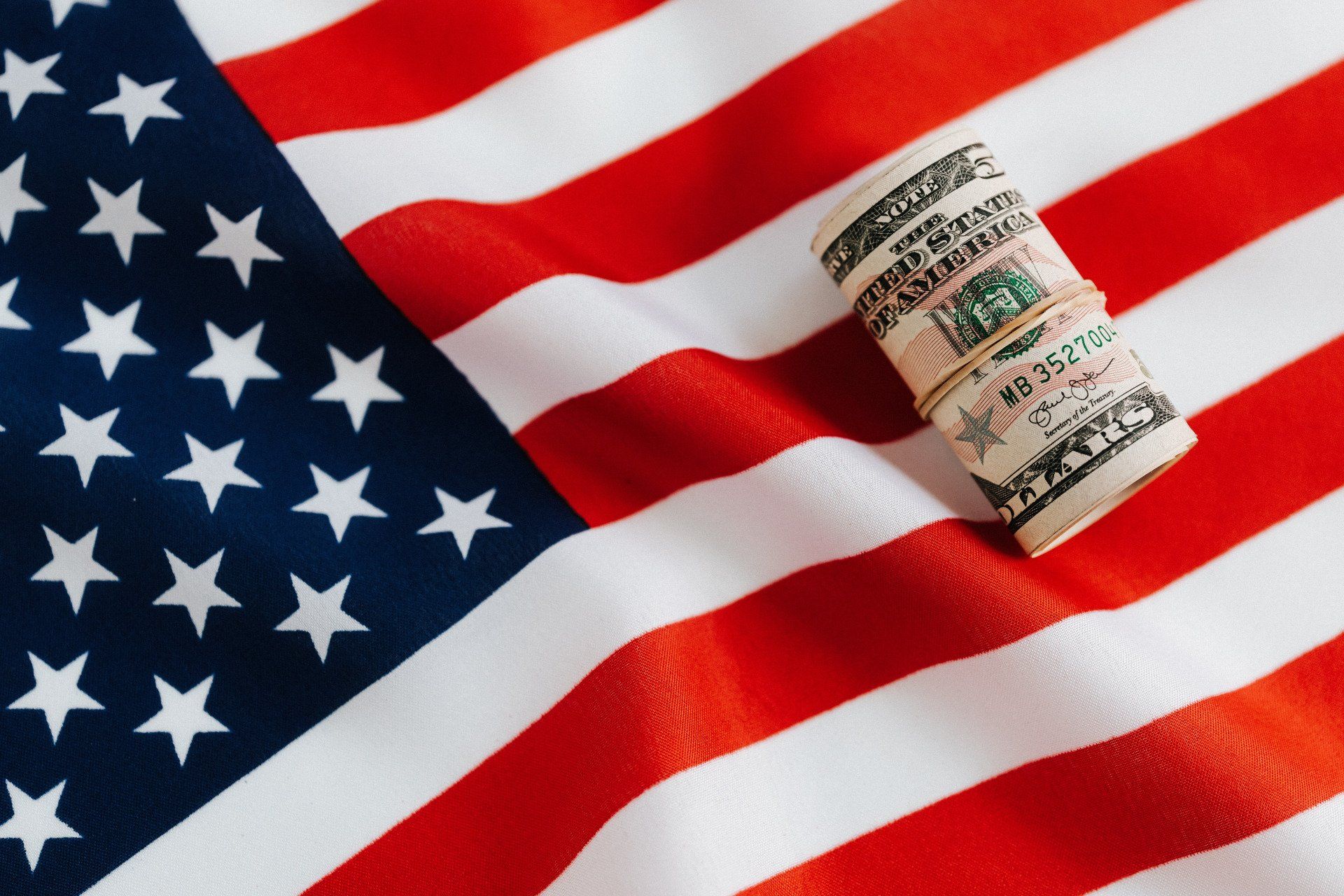Debt Ceiling for Dummies
There is a lot of talk at the moment about the US Debt Ceiling. But just what is a debt ceiling and why is it so important?
Debt
Debt is a fact of life: you borrow money so that you can afford to buy something today and then pay it back over a period of time. Think of your mortgage or a car loan, you didn't have enough money that day but you know over time with a regular income you will be able to afford to pay it back.
Governments also borrow money that they then pay back over a period of time. This money is used to run the government and all the associated services that it provides: schooling, social security, policing, defence, highways, infrastructure, medicare, interest on debt etc.
To raise money the Government does not go to the bank and ask for a loan (after all it has it's own bank the Federal Reserve). It creates treasury bills and bonds (T-Bills and T-Bonds) which are effectively interest bearing IOUs (I owe you). Bills are short term debt with a maturity of one year or less and bonds are long term debt with a maturity of 1 year or more. When you buy a new bill or bond from the government you pay the face value and you receive regular interest payments which are pre-set for the life of the bill/bond. Which means you know exactly how much you are going to get back over what period. There is a whole secondary market in treasuries, the Bond Market, where previously sold bills are traded but we don't need to go into that here.
US Government treasuries are considered the gold standard of investment, because they are backed by the Government (via the Federal Reserve), there is a working assumption that they will never default.
Budgets
Like any household or business a government has to balance its books i.e. it needs to be getting enough money in (through taxes etc.) to be able to afford pay the back the treasury bills and bonds and deliver its day to day services. Because bonds and bills have been sold over the years with many different expiry dates it means there are expiries happening on a regular basis.
If the government cannot afford to pay back all of the bonds/bills that are expiring then it will effectively default on a portion of its debt. This will send panic signals into the US bond and equity markets which will have global knock on effects. A default would also mean that any future debt raised by the government will be more expensive as it would be seen as more risky.
Ceiling
The debt ceiling, also known as the debt limit, is the amount that the Treasury can borrow to pay the bills that have become due and pay for future investments. It is designed to keep the nation's borrowing under control and is the maximum amount of agreed government borrowing which is set by Congress. Once the debt ceiling is reached, the government cannot increase the outstanding debt, thereby losing the ability to pay bills and fund programs or services.
Historically every time the level of borrowing has got close to the debt ceiling it has been raised, in fact it's now been altered 75 times since 1962. Previous delays to increasing the debt ceiling have resulted in the government having to prioritise on what it can spend, there have been a number of government shutdowns where areas are closed due to the inability to pay.
If Congress can agree a change to the debt ceiling then the business of government will continue to rumble on. However, if the two sides are at odds over the maximum level of debt then there is unlikely to be a swift agreement and we could see disruption!
To see how you could become a winning trader using class leading, high probability Trade Signals and Indicators, book your FREE Personal Consultation TODAY.
USEFUL LINKS: Banking Crisis 2023, When not to Trade, Predict Market Movements, What is the Fed, Risk and Reward, The end of Cheap Money, What is Artificial Intelligence, Tech Stock Rebound, Banking Crisis, Common Trading Mistakes, What is a Recession, What is Fiscal Policy, What is Monetary Policy, Why are Economic Forecasts Wrong, US Stocks in 2023, Your best shot at Goal, Learn to Earn, Looking for a good stock to buy, What is Inflation?, How interest rates work
















